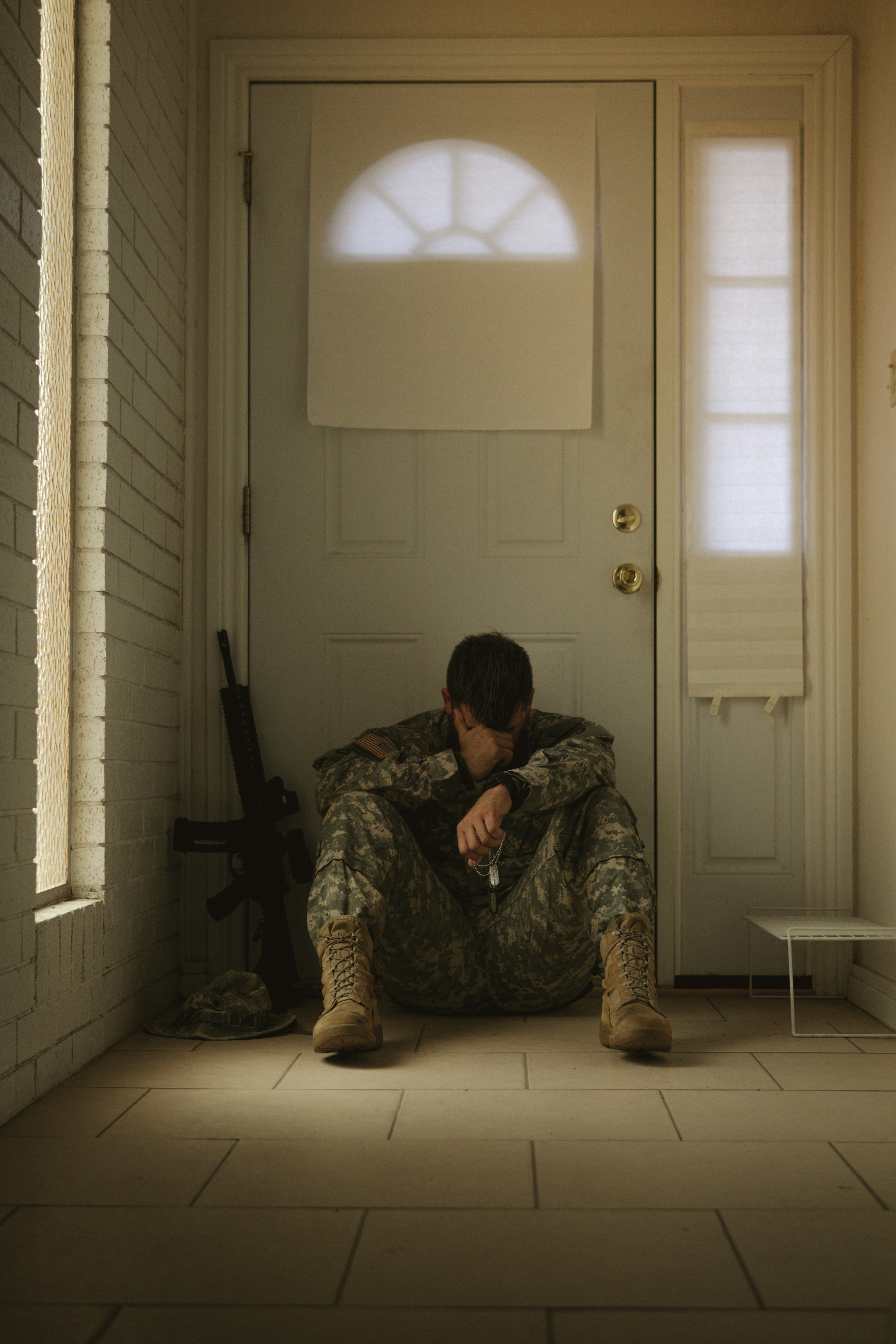Despite so much hope that someone may have, no matter how many healthy coping mechanisms learned or programs attended, relapse is a likely part of anyone’s sobriety journey. Watching someone who you’d like to protect and care for experience a downfall is concerning, even disheartening. But relapsing does not indicate that your loved one will never recover. Studies show that remission becomes stronger with every passing year of sobriety.
There are many challenges someone with a substance use disorder (SUD) must navigate, and having your support during this time is essential for their recovery.
What is a Relapse?
How can you be sure your loved one has started using again? Relapse does not happen at random. People who are about to relapse are usually at risk due to environmental, emotional, or physical stimuli. These triggers can be anything from a movie about drug use, a social gathering that serves alcohol, the smell of cigarettes, or an emotional upheaval. When someone is not able to work through their urges with healthy coping mechanisms, they may turn to substances that they used in the past or pick up something new. If they are not able to rebound and return to sobriety, and continue their use, this is a relapse. While a relapse looks different for everyone, a key component is additional unexpected use.
How to Help Someone Who Relapses
The likelihood that a person struggling with substance use disorder will relapse at some point in their recovery is high: more than two-thirds of those who have sought treatment for substance use end up relapsing. While this statistic may seem alarming, it can also put your loved one’s struggle into perspective: a relapse can happen to anyone. There are constructive ways to support your loved one and their recovery after a relapse:
Practice Self-Care
Before you can even attempt to help your loved one, you need to be mindful of your own emotional needs. This is a period of confusion, disappointment, anger, and regret. Having mixed feelings and trying to support someone at the same time can be difficult, so it’s best not to try to communicate how you feel until you are centered. Mindfulness can be achieved by holistic approaches such as yoga, meditation, journaling, and being in nature, while self-soothing rituals such as bubble baths and aromatherapy help you relax. Making efforts to reduce your stress and ground yourself during this vulnerable time will allow you to be more patient, rational, and understanding around your loved one.
Invite Open Communication
If you suspect that your loved one’s sobriety is in trouble, have a conversation with them and ask if there is anything you can do to support them during this challenging time to reduce the risk that they will use again. Your goal to make sure both you and your loved one are speaking respectfully and calmly to each other. Choose your words carefully and listen intently.
While a relapse episode is discouraging for all involved, remember that it will be especially disheartening for your loved one. They will be their own worst critic, dealing with feelings of regret, frustration, and hopelessness. They will need a support system, now more than ever, that can help them get back on track and recover from this stumbling block. Relapse is just that, a temporary obstacle to long-term sobriety. Friends and family will need to reinforce that all of their loved one’s efforts were not in vain and that they owe it to themselves to keep trying.
Brainstorm Treatment Options
Your loved one’s relapse does not mean they will never live a rewarding, sober life. The event should simply be interpreted as a warning that the person requires further treatment and care, whether through a residential or outpatient program. Everyone handles addiction differently, and treatment is not one-size-fits-all. Some people may need to continue with the same treatment methods for longer periods of time before they can truly see a difference. Others may need to tweak their current rehab routine to better suit their needs or pursue different forms of treatment altogether.
Your loved one can boost their chances of long-term recovery by complementing traditional therapies with creative expression such as art therapy and holistic healing such as yoga, adventure-base therapy, and acupuncture. If your loved one hasn’t begun to voice their need for treatment, it’s still a good practice to have this information available to them when they are ready.
Enjoy Sober Activities Together
Be mindful of your loved one’s triggers and try spending time at places where alcohol and drugs are not present. Planning a day out together will give them a good distraction, show them that you are putting in effort to spend time with them, and give them something to look forward to. See a play or a movie or have a picnic in a park. Search for local events on listing sites (many are free!) or explore a nearby town Being in nature will boost both of your moods, and any safe activity that takes the focus off of substance use will benefit the two of you. Being able to enjoy lighthearted activities together can also help to heal any tensions in your relationship with your loved one.
Encourage Them to Attend Support Groups
Programs such as SMART Recovery and 12 Step can help your loved one socialize and realize they are not alone. They will most likely find others within these support groups who have relapsed, giving them the opportunity to learn from other people’s experiences. Engaging in the conversation is just as important as showing up in the first place. Listening to the discussions in the space can also remind them why sobriety is so important and why they chose it in the first place. You may even consider attending a Nar-Anon meeting for family members and friends of people coping with addiction, finding your own sense of comfort and community with others who are facing similar challenges. A sense of community and understanding is an important component of healing.
Learn From the Experience
Progress takes time and patience, so pay attention to what caused the urge to use in the first place. Come up with a plan for the future that reminds your loved one of what healthy coping mechanisms they can turn to instead of using substances. Building up support systems, finding sober buddies, working through those tough feelings, and establishing open and clear communication will set up your loved one for better prevention next time they feel the urge to use.
Watching a loved one return to a difficult point in their life can feel like they’re moving backwards. But relapsing is common, so it’s important to remind them that they are not a failure. Discovering preventative measures can help your loved one during any future slips or urges and help you best support them during their time of need.
If you or a loved one is struggling with addiction, Mountainside can help.
Click here or call (888) 833-4676 to speak with one of our addiction treatment experts.

 By
By 







